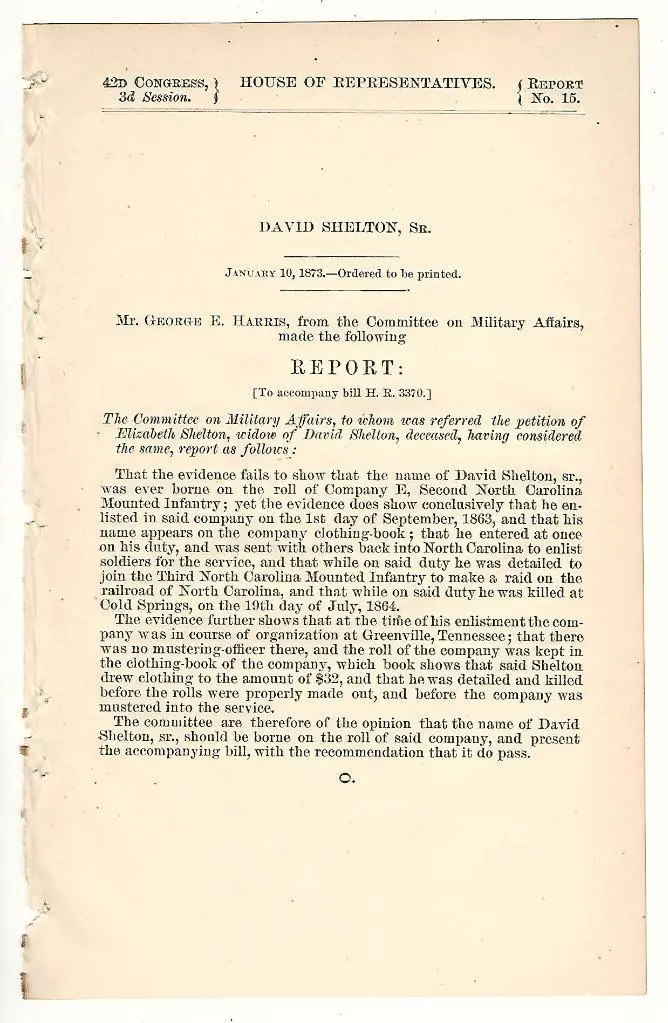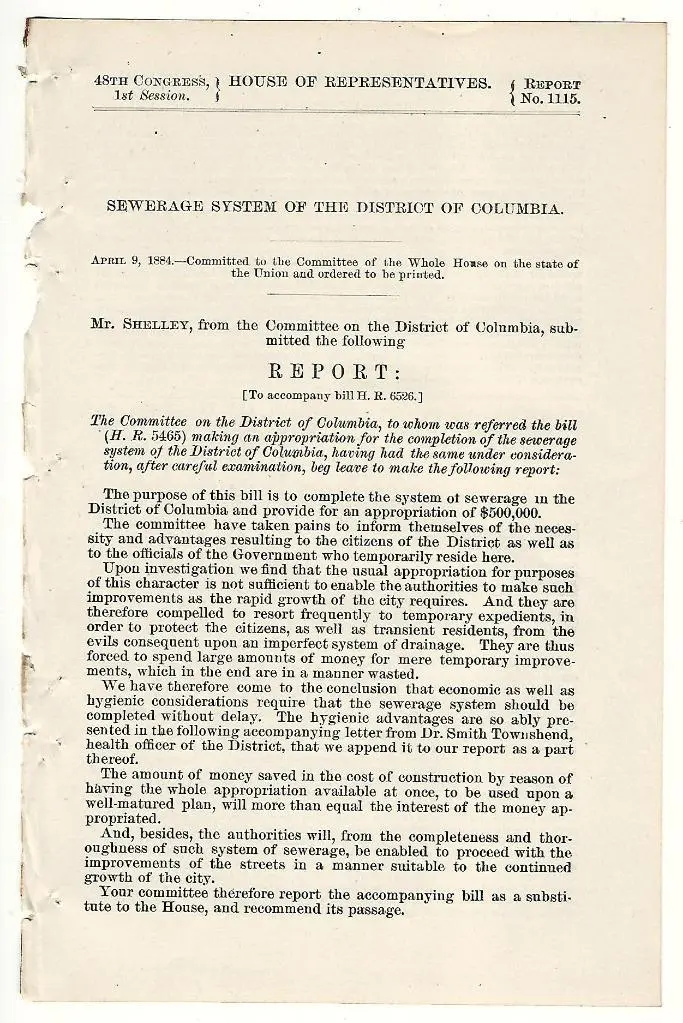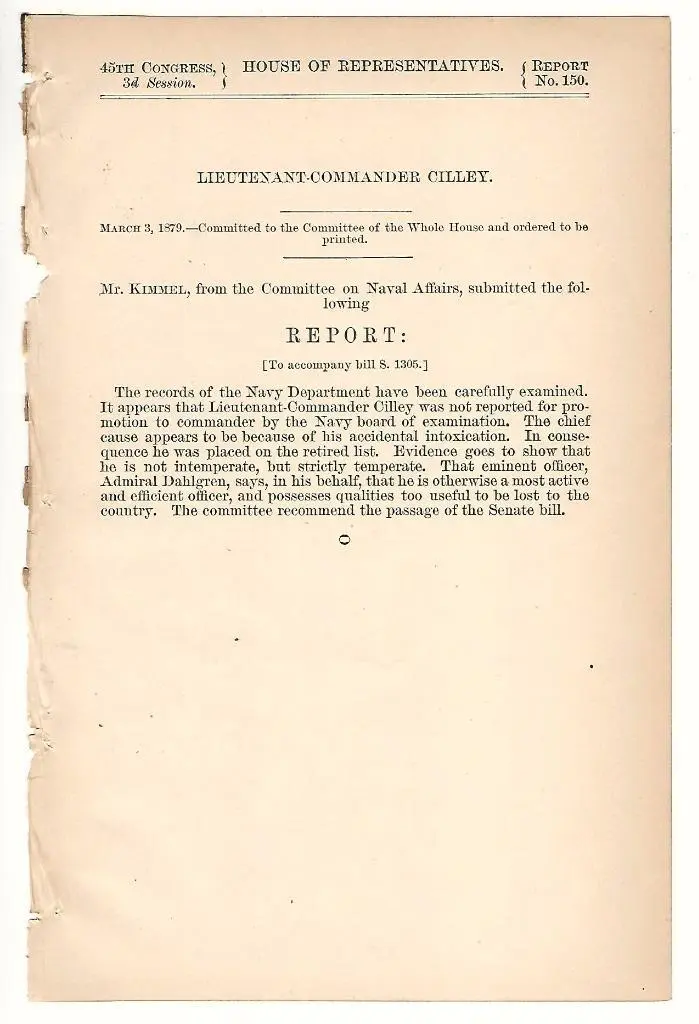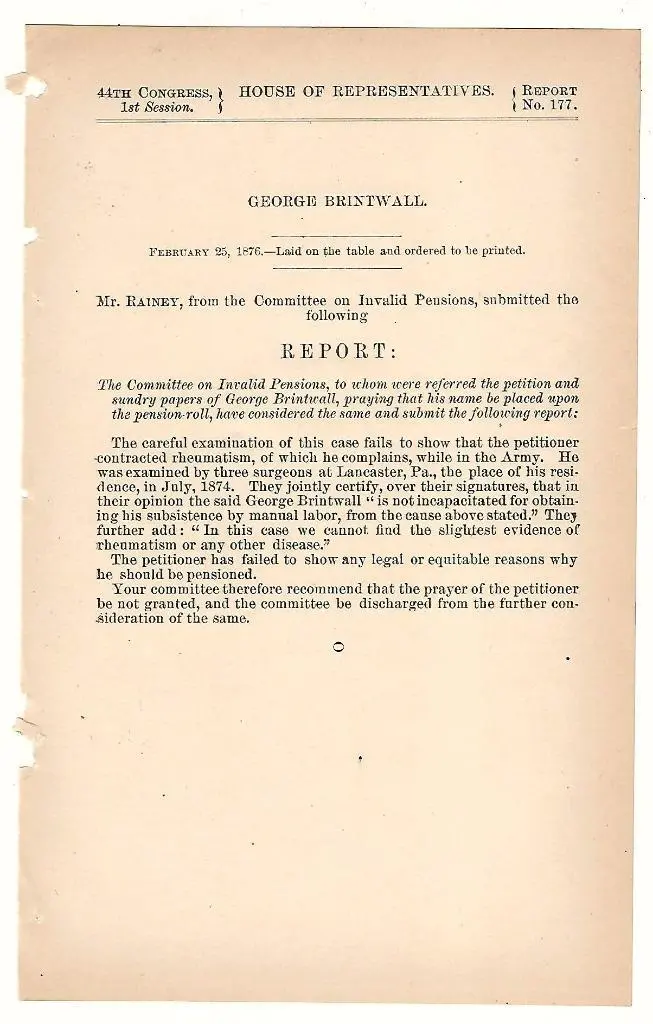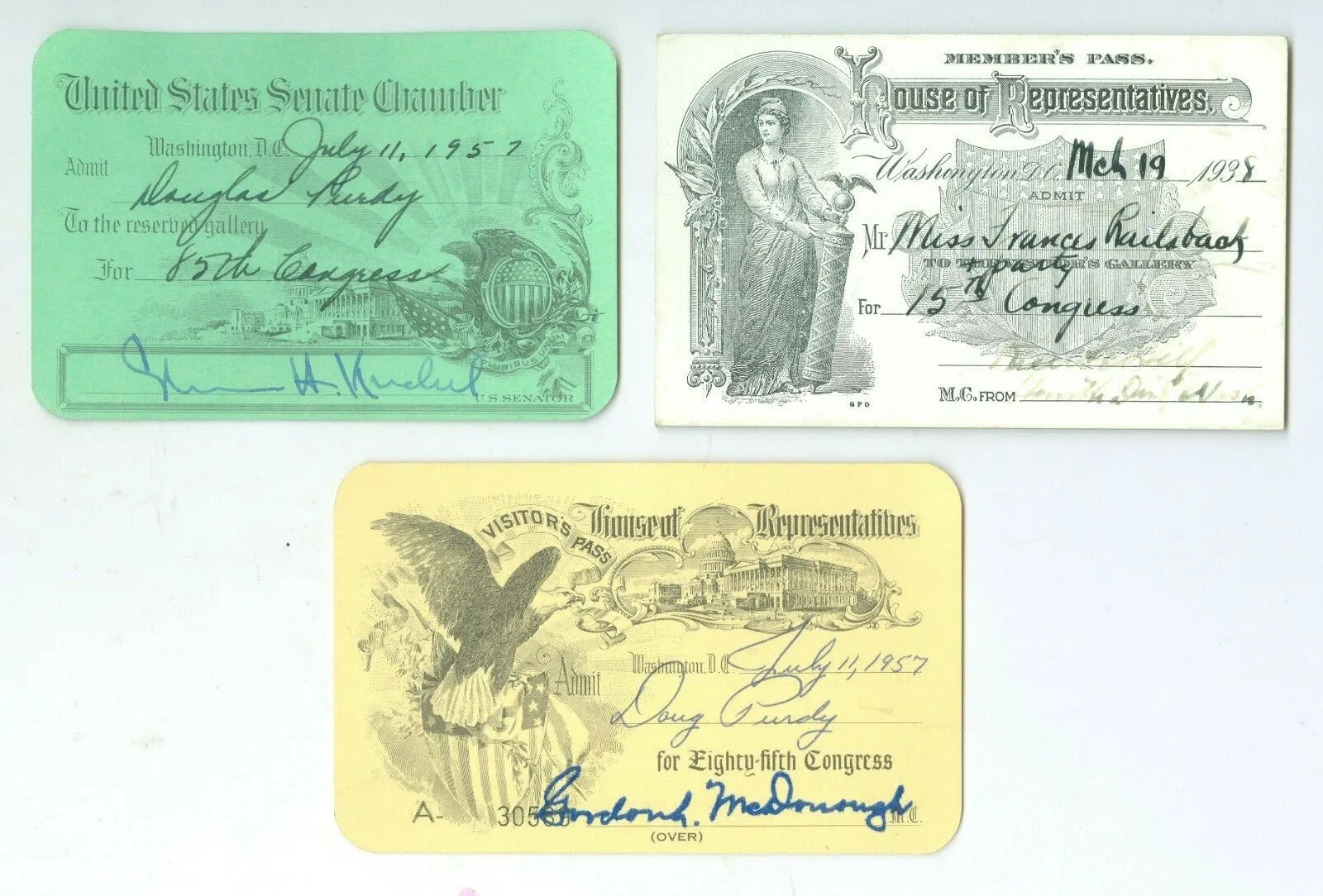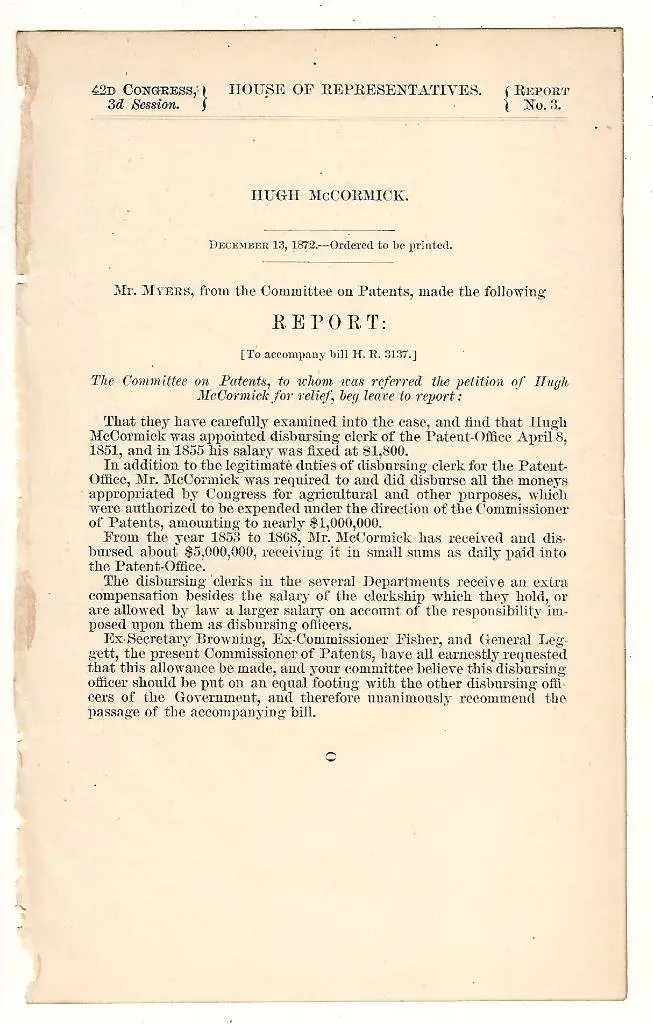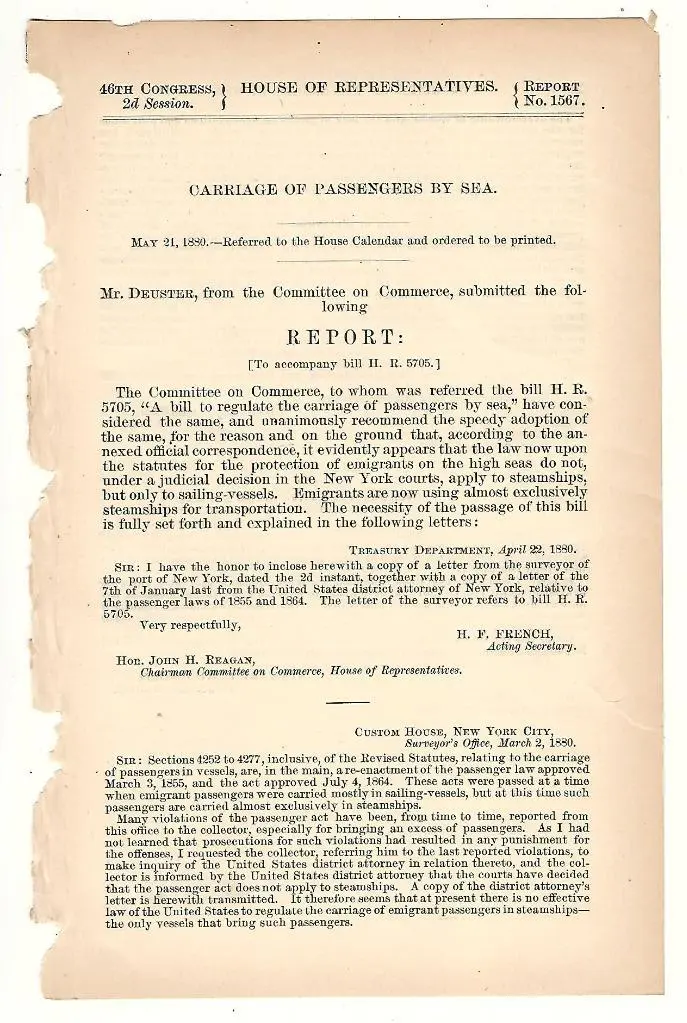-40%
Speech of Allen G. Thurman, of Ohio, on The Oregon Question - January 28, 1846
$ 42.24
- Description
- Size Guide
Description
TheSpeech of Mr. Allen G. Thurman, of Ohio, on
The Oregon Question,
Delivered in the House of Representatives, January 28, 1846
has to do with the dispute with Great Britain over the boundary between Oregon and the British territories to the north of Oregon. Mr. Thurman starts his speech by spelling out the differences between the American and British positions, i.e.,
“The United States claim exclusive dominion over the whole country known by the name of Oregon, extending from the Rocky Mountains to the Pacific in longitude, an
d
from the forty-second to the fifty-fourth and fortieth minute of north latitude. Great Britain, on the other hand, asserts for itself, if not an absolute ownership of the same country, an assumed right, at least, to colonize and forever retain such vacant portions of it as she may see fit to occupy. These different claims, obviously altogether irreconcilable with each other, have been a subject of negotiation between the two governments for now nearly thirty years…”.
The speech is contained in a 16 page single-column booklet, without covers, that measures approximately 5 ¾ x 9 inches. The pages are tanned and foxed, but the text is clear and easy to read. The overall condition of the item is
good
.
Allen Granberry Thurman
(November 13, 1813 – December 12, 1895) was a Democratic Representative and Senator from Ohio, as well as the nominee of the Democratic Party for Vice-President of the United States in 1888. As a Congressman, he generally supported the majority of Democrats on all issues except internal improvements, on which he tended to vote with the Whigs. He supported the Polk Administration’s conduct of the Mexican-American War, spoke in favor of the 54-40 northern limit to the Oregon territory, and voted for the Wilmot Proviso, which would have banned slavery from the territory gained from Mexico. Ironically, his support for the latter was due to anti-African-American prejudice, as he wanted to reserve this territory for white settlement. After a single two-year term, he left the House voluntarily to resume private law practice. [Wikipedia]



